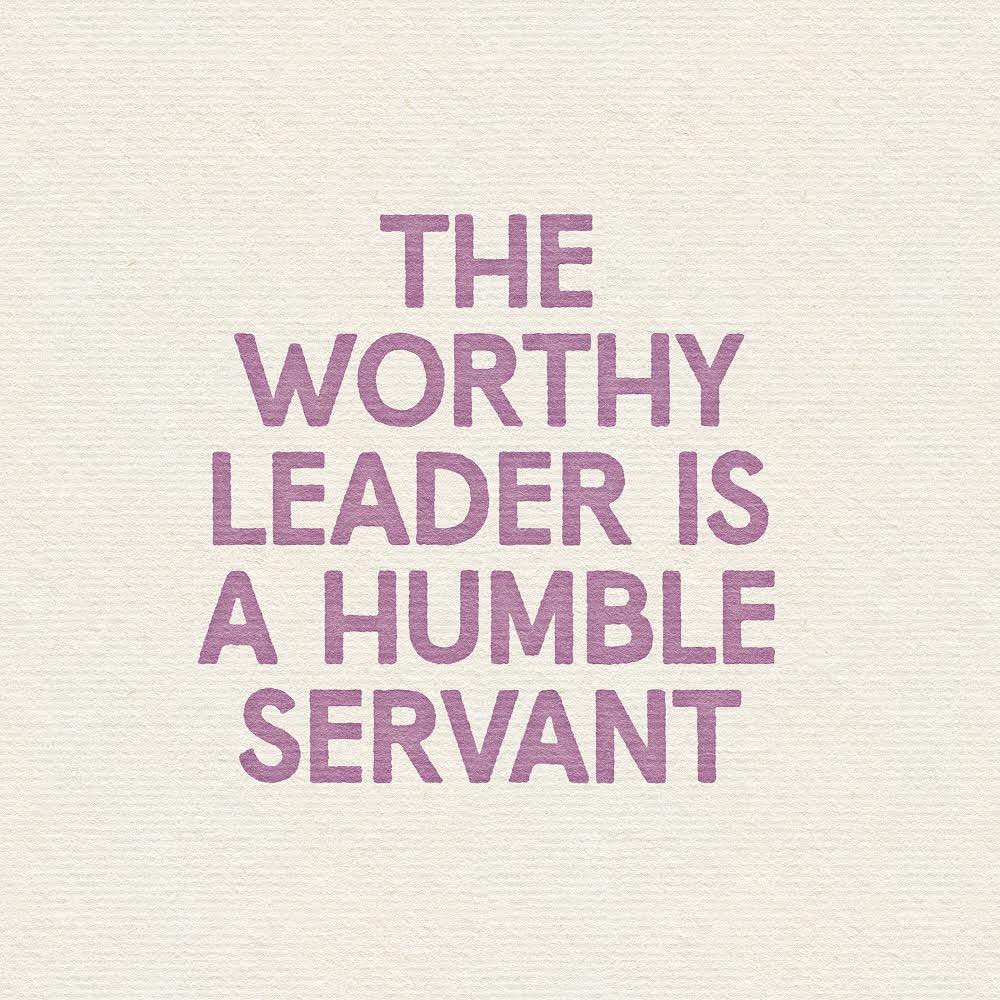
#3 - My Role as Founder (6/29/25)
"A leader has two important characteristics; first, he is going somewhere; second, he is able to persuade other people to go with him." — Maximilien Robespierre, French revolutionary leader
What it Means to Lead
Regardless of your views on Robespierre, assuming you know who he was, his opinion on leadership still very much holds true today. A leader must have a vision of where he's going. A leader must also be able to persuade others to follow him in the pursuit of that vision. However, ask a hundred people what it means to be a great leader and you could get a hundred different answers.
In this journal entry I'll share with you mine. Put simply what I believe my role as a founder and therefore leader ought to be. Now to be clear, I'm only 24 and the only leadership positions I've held have been in school, with that said I won't claim to be exceptionally knowledgeable on the subject. However, I have plenty of experience being led, therefore I've managed to learn a lot about what I would and wouldn't do in such a position.
To Lead Means to Serve
Most might view being CEO as residing at the top, I see it as the opposite.
To be clear, I certainly don't mean this in the literal sense. Yet in a very real way this is exactly what I believe. Beyond crafting a vision people can get behind and then persuading them to do so I believe my most important role is to serve those who follow me. In doing so, I hope to get the absolute best out of them in the pursuit of my vision. I won't pretend this is some act of selflessness, rather I simply believe that by doing everything In my power to support those who follow me I'm in turn giving my business the best chance to survive and thrive.
Happy and motivated team members will almost certainly in every metric outperform burned out and unmotivated ones. The way my team feels and performs will have a direct impact on how well we are able to serve our customers. How well we serve our customers will have a direct impact on how our business ultimately performs. Finally, how well our business performs will have a direct impact on our ability to enrich shareholders who are the people who ultimately enable us to remain in operation.
How I Will Serve
Learning, Listening, and Implementing.
- Learning How?: My approach to learning what my future employees would likely enjoy in their roles is simple. I read what similar people have to say on the subject. I actively browse subreddits where engineers discuss their work to discover what they do and don’t enjoy about their jobs. From the hiring process, to meetings, and everything in between. I note these things down as I go through the process of creating our own operating philosophy.
- Listening How?: Ultimately, the things I’m able to read online about what my future employees might want are just general ideas. Rather than strictly adhering to the information I read I believe it’s important to listen to what the people I actually end up hiring have to say. Their individual preferences will go on to determine what ideas stick around and which ones we’ll do away with. This way whatever remains is tailored to the team I have.
- Implementing How?: At this point in the process the easy part is over. Taking in the ideas from my team members about what they want will be simple. Ensuring that what we decide upon is built into the business in a way that both fits existing and future employee preferences will be the real work. This is when things like culture come into play as those who’d perform well in a similar culture likely have many shared preferences.
Conclusion
There are many different ways to lead. There are perhaps an even greater number of answers to the question of what makes a great leader. Similar to parenting, while there are many books on the subject there's no full proof manual that accounts for all edge cases associated with the task. Similar to parenting, I believe there is no perfect way to do it. However, as Robespierre put it, I do believe if one is to lead they must have somewhere they are leading to, they must also be able to persuade people to follow them down that path. I have a clear vision of where it is I'm heading to, but it remains to be seen if I can successfully persuade others to follow me down the path.
Questions for Reflection
- If we are to accept that persuasion is a fundamental part of leadership, how does one go about persuading others to follow them?
- Assuming someone is successful in persuading others to follow them down their chosen path, how does one go about ensuring they stay the course?